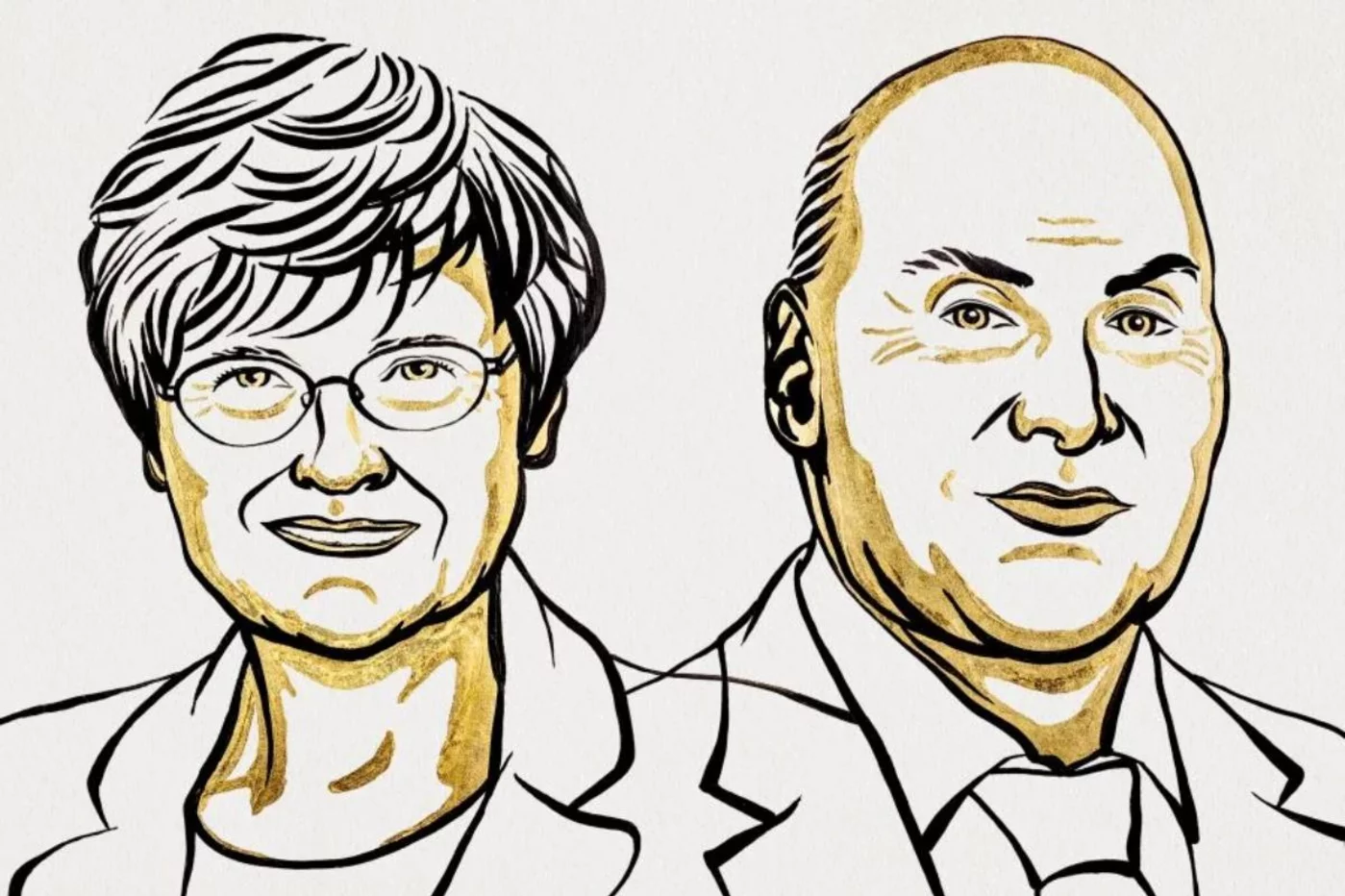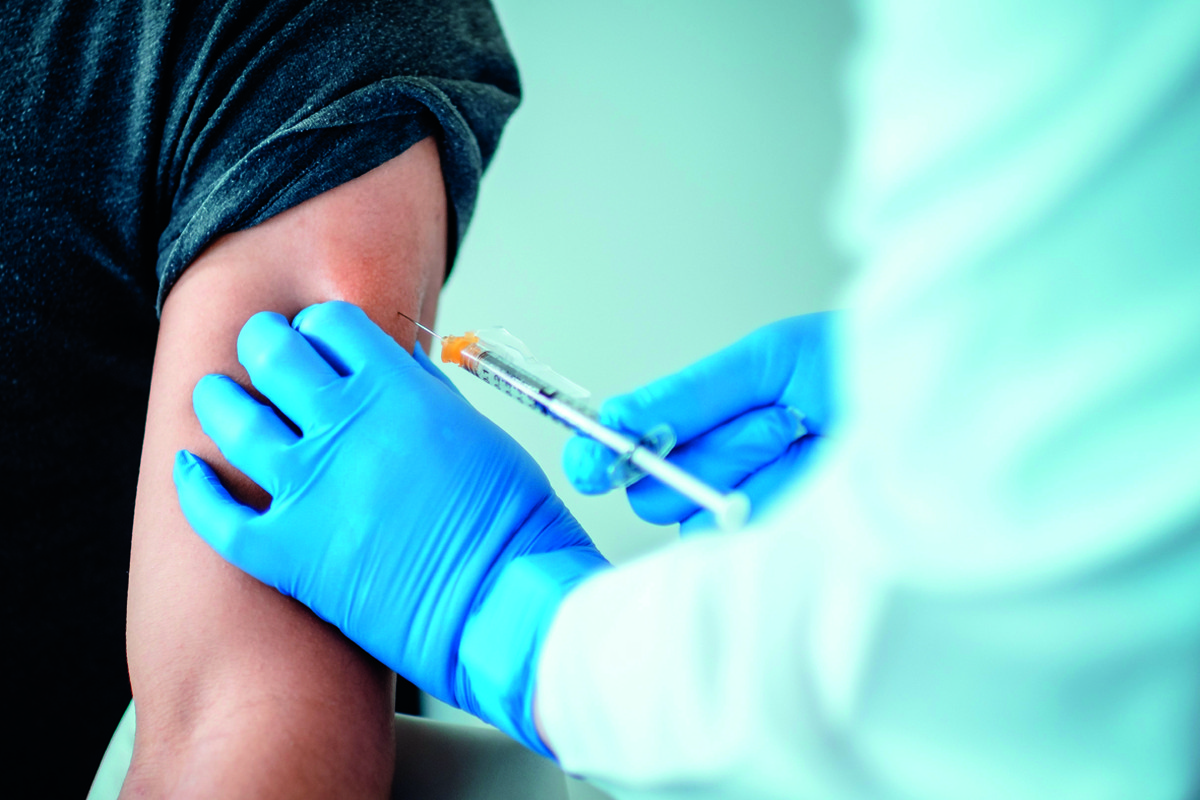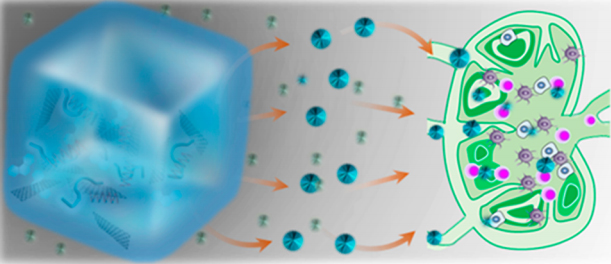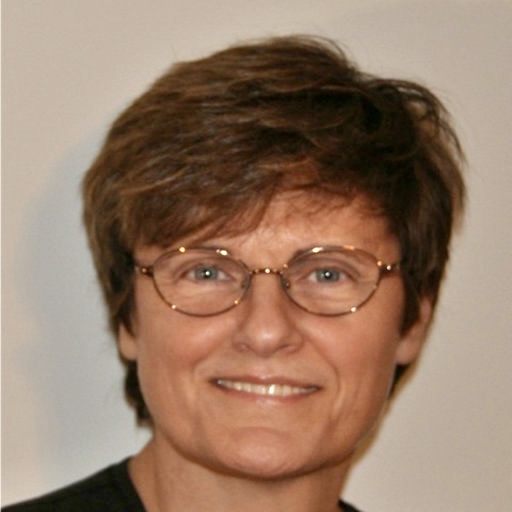Nobel Prize in Medicine for Karikó and Weissman for mRNA vaccines
2023/10/02 Galarraga Aiestaran, Ana - Elhuyar Zientzia Iturria: Elhuyar aldizkaria

The Karolinska Institute in Stockholm (Sweden) has announced that it will receive the Nobel Prize in Medicine or Physiology 2023 in Katalin Karikó and Drew Weissma, for its important precautions in the development of vaccines mRNA.Karikó becomes the 13th awarded woman.
According to the Institute, the work of the two winners has been fundamental to understand the interaction between RNA and the immune system and to make vaccines against the increased health risk of humanity at this time.
Development of step-by-step vaccines
It is not the first time that vaccines have been recognized at the Nobel Prize, which in 1951 was awarded for developing the yellow fever vaccine Max Theiler. Since then, vaccine technology has changed: Classical vaccines were based on the injection of pathogen, both weakened and inactive. Later, those carrying a part of the pathogen (antigenic protein) were formed and later those using genetic engineering. The latter contain harmless viruses and are modified to internalize genetic information for the production of antigenic proteins.
Although progress has been important, the production of these vaccines takes a long time and resources. This limits the response to a pandemic emergency. The solution has been mRNA vaccines.
The mRNA vaccines have as raw material the messenger RNA that codes the production patterns of antigenic proteins. When RNA is introduced into cells, antigenic protein is produced in the cells’ ribosomes, which when it appears on the cell surface, reacts the immune system and produces antibodies and cellular response.
Clarity in problem solving
They started working on this in the 1980s, but they had problems: because RNA is very unstable, they had to figure out how to stabilize. And it also caused an inflammation. So many didn't think that path was going to go on.
Catalin Karikó did not resign. In the 1990s, he continued research on RNA therapies at Pennsylvanian University, despite the difficulties in obtaining funding. But he got the help of Drew Weissman, a member of the lab who started doing research together.
They studied the bases of RNA (A,U,G,C) to see what caused the inflammation and how they could avoid it. And they realized that uridine eraladiza does not cause inflammation. This fundamental discovery was published in 2005, 15 years before the appearance of COVID-19.
In 2010, several pharmaceutical companies were investigating mRNA vaccines, including dirt and MERS-CoV vaccines. With the advent of COVID-19, the vaccine was developed and two RNA vaccines were obtained by December 2020.
The speed and versatility of mRNA vaccine technology makes it ideal for the vaccination of other infectious diseases and therapies are also being developed against certain cancers.
Katalin Karikó was born in 1955 in Szolnok (Hungary), but he has spent most of his years of scientific career in the United States. Drew Weissman was born in 1959 in Lexington, USA. He has also traveled the United States...

Gai honi buruzko eduki gehiago
Elhuyarrek garatutako teknologia






